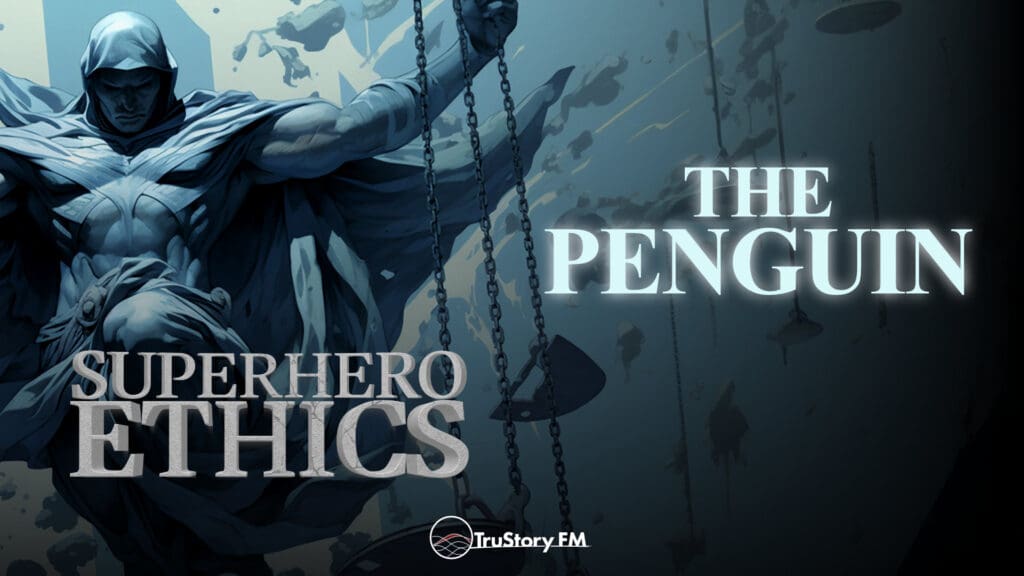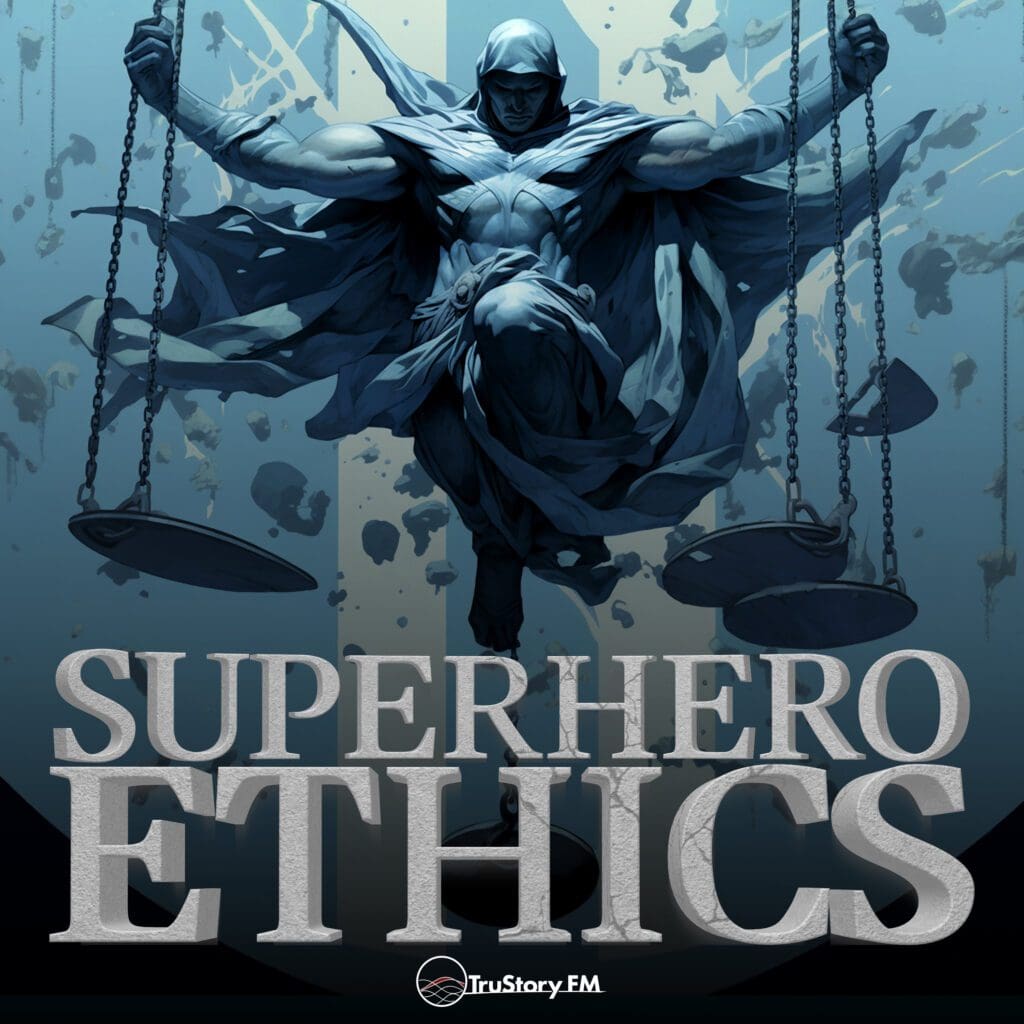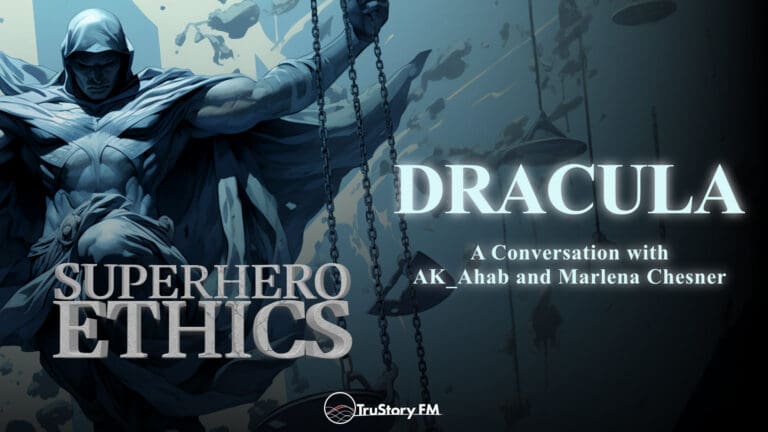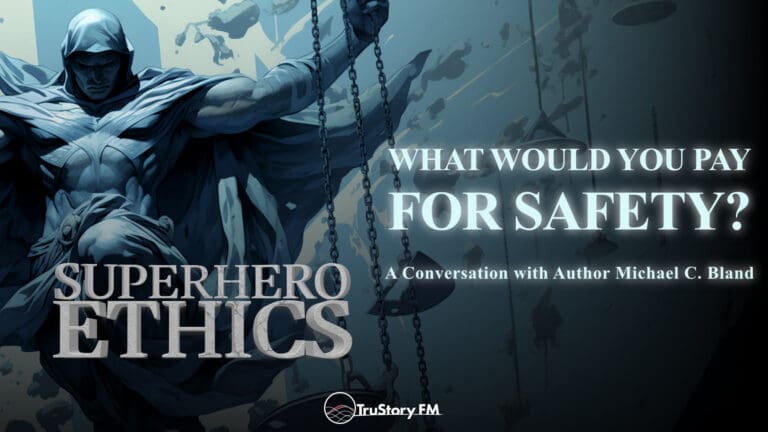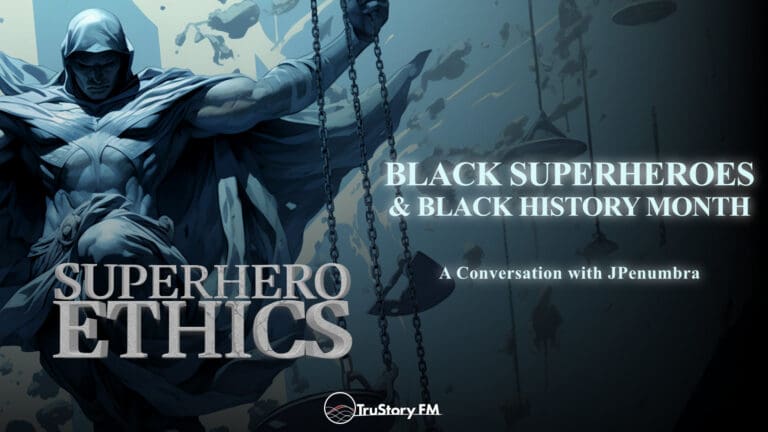In this episode of Superhero Ethics, hosts Matthew and Riki analyze HBO’s The Penguin series starring Colin Farrell and Cristin Milioti. Set in Matt Reeves’ Batman universe following the events of The Batman movie, the show explores the power vacuum left in Gotham’s criminal underworld after the fall of crime boss Carmine Falcone.
What makes Oz Cobb a compelling villain protagonist?
The hosts discuss how the series portrays Oswald “Oz” Cobb (The Penguin) as a complex character who constantly shifts between sympathetic and monstrous. Unlike previous iterations that leaned into fantastical elements, this Penguin is grounded as a mobster with a physical disability who uses his exceptional charisma and manipulation skills to climb Gotham’s criminal ladder. The show reveals his troubled childhood, including his complicated relationship with his mother and the shocking revelation that he was responsible for his brothers’ deaths.
How does The Penguin explore themes of respect and power?
Matthew and Riki examine how Oz’s actions are driven by his desperate need for respect and recognition. The series shows how he positions himself as a champion for the neglected citizens of Crown Point—getting electricity restored to the neighborhood while simultaneously building his criminal empire. This “crime socialism” approach allows him to frame himself as fighting for fairness and equality within the criminal world, convincing lower-level criminals to revolt against their bosses and support him instead.
What makes the relationship between Oz and Victor so central to the story?
The hosts highlight how the mentor-protégé relationship between Penguin and Victor Aguilar serves as the emotional core of the series. Though toxic and complicated—with Penguin both bullying Victor for his stutter while fiercely defending him from others who do the same—their bond provides some of the most compelling moments in the show. The hosts note interesting parallels to the Batman-Robin dynamic, positioning it as a dark mirror of that heroic relationship.
Other topics covered in the episode:
- How Cristin Milioti’s Sophia Falcone serves as a compelling antagonist with her own complex motivations for revenge
- The shocking finale twist and its implications for Penguin’s character development
- The portrayal of Arkham Asylum and its problematic depiction of mental health institutions
- Connections to Matt Reeves’ broader Batman universe and potential future storylines
- The grounded approach to classic Batman villains compared to previous adaptations
- How the show depicts crime families filling power vacuums—similar to real-world political situations
The Penguin demonstrates how villain-centered narratives can provide rich ethical territory to explore when characters are given depth and complexity. By examining the psychology and motivations behind traditionally one-dimensional villains, the show creates compelling television that challenges viewers to question their sympathies while never fully redeeming its monstrous protagonist.







